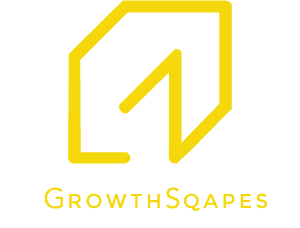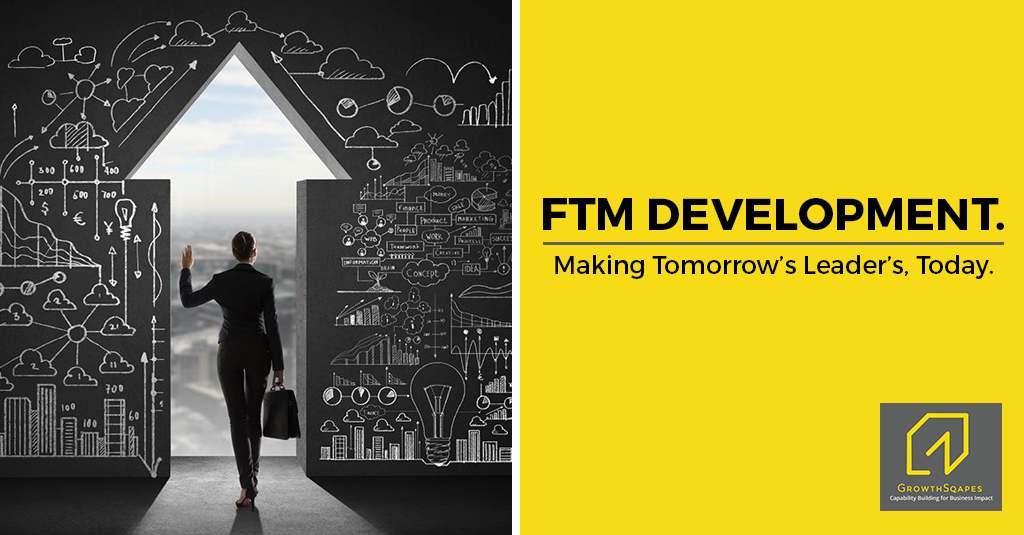Making tomorrow’s leaders, today.
As we reflect upon the heading, our mind may be wanting to first understand what leadership is. Simply put, leadership is a set of behaviors that leaders manifest to influence organizational growth via people management. Leadership capability and bench strength are crucial determinators of an organization’s success.
In the context of above, the First Time Managers (FTM) form the crucial base of the leadership pyramid. In terms of pure statistics, FTM is almost 70% of the total leadership pool and supervises around 80% of the workforce. However recent research shows that a large majority (up to 87%) of FTM wish they were given the chance to learn and progress when they first assumed their role, and nearly half (48%) felt they were grossly undertrained for their new role. This builds the case of a clear need for sustained FTM development, more so in the wake and the aftermath of the Pandemic.
Our experience and understanding arising out of working in the area of FTM development, in both domestic and international markets, reveals 2 paradigms. They being
- The struggles and challenges faced by an individual transitioning into the FTM role and those faced by a tenured FTM are different.
- The sustainability of the FTM’s learning is very crucial to their success.
Hence, GrowthSqapes believes only singular and a differentiated approach for both paradigms above would make leaders out of the FTM and pave the path of building tomorrow’s leaders today.
Let’s look at the two approaches of developing FTM.
Approach 1: Develop those FTM who are transitioning into the new role.
In this case, the need is to assist and prepare the new managers for the transitioning process – for both leadership skills and emotions. Hence the focus of development is on:
- Understanding oneself – awareness of one’s strength and development areas to build confidence to take on a managerial role.
- Understanding of the new role– the expectations, responsibilities attached, and the measures of performance.
Approach 2: Develop the tenured FTM (already spent 12-18 months in the role)
In this case, the need is to develop the managers with a focus on skill development pertaining to:
- People Management – effectively managing people and driving team performance
- Leadership style– adopting situational leadership styles to coach and motivate the team to achieve the team deliverables.
The success of any FTM development journey depends on 3 levers:
- Establishing relevance: “What is in it for me?” for the participant.
- Personalization at scale: Providing personalized inputs to each participant.
- Seamless experience: Providing a seamless & engaging experience across modules and creating a continuous connection throughout the learning journey.
GrowthSqapes has been working with large MNCs as well as traditional Indian organizations in the area of FTM development. Our observation has been that; based on the organizational priorities of FTM development, the focus on key skills varies. However, most organizations choose to undergo a 3-6 month blended learning journey so that they are able to create learning sustenance and ensure sustainable development of the FTMs. The organizational benefits for these learning journeys, both for the participants and the organization are being acknowledged and the business impact is being felt.
This blog has been written by Baalmiki Bhattacharyya, Partner & COO at GrowthSqapes.

